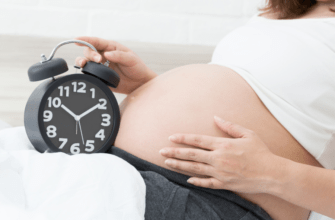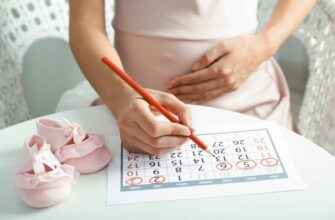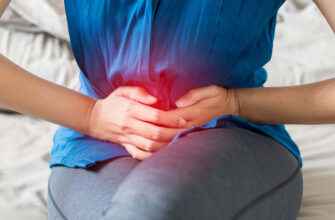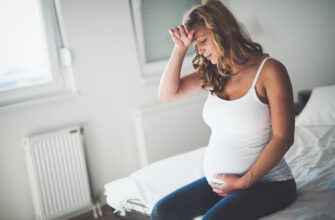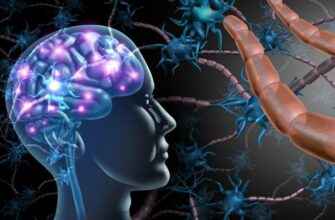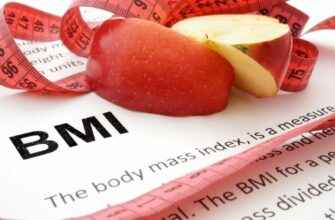For many women, a regular menstrual cycle is a sign of good health. However, when your period arrives unexpectedly or early, it can be confusing and concerning. One of the main reasons women experience an early period is pregnancy, and it can be a cause for alarm. In this article, we will explore whether an early period is a sign of pregnancy and what other factors could be responsible.
What is a menstrual cycle?
Before we delve into the causes of an early period, it is essential to understand the menstrual cycle. The menstrual cycle is the natural process that occurs in a woman’s body to prepare for pregnancy. It usually lasts for 28 days, but it can range from 21 to 35 days.
Early period and pregnancy
One of the most common reasons for an early period is pregnancy. When a fertilized egg implants itself in the uterus, it can cause some bleeding, which may be mistaken for an early period. This bleeding is known as implantation bleeding and usually occurs a week before the expected period.
Other causes of an early period
There are several other factors that could be responsible for an early period. Stress, changes in weight, and changes in medication can all cause hormonal imbalances that lead to an early period. Infections, polyps, and fibroids can also cause spotting or bleeding outside of your regular period.
Can you be pregnant and still have a period?
It is possible to be pregnant and still have a period, although it is rare. Some women experience light bleeding or spotting during pregnancy, which may be mistaken for a period. If you suspect you are pregnant, it is essential to take a pregnancy test or consult your doctor to confirm.
Can a pregnancy test be taken during an early period?
It is possible to take a pregnancy test during an early period, but it may not be accurate. Pregnancy tests detect the hormone human chorionic gonadotropin (hCG), which is only present after implantation has occurred. Taking a test too early may give a false negative result.
What should you do if you experience an early period?
If you experience an early period, it is essential to monitor your symptoms and keep track of any changes. If you suspect you may be pregnant, it is recommended that you take a pregnancy test or consult your doctor. If you experience any unusual symptoms or heavy bleeding, seek medical attention immediately.
How can you prevent an early period?
Preventing an early period can be challenging, but maintaining a healthy lifestyle can help regulate your menstrual cycle. Eating a balanced diet, getting enough sleep, and reducing stress can all help regulate your hormones and prevent hormonal imbalances that can cause an early period.
Conclusion
An early period can be a cause for concern, especially if you suspect you may be pregnant. However, there are several other factors that could be responsible for an early period, including stress, changes in weight, and changes in medication. If you experience an early period, it is essential to monitor your symptoms and seek medical attention if necessary.



